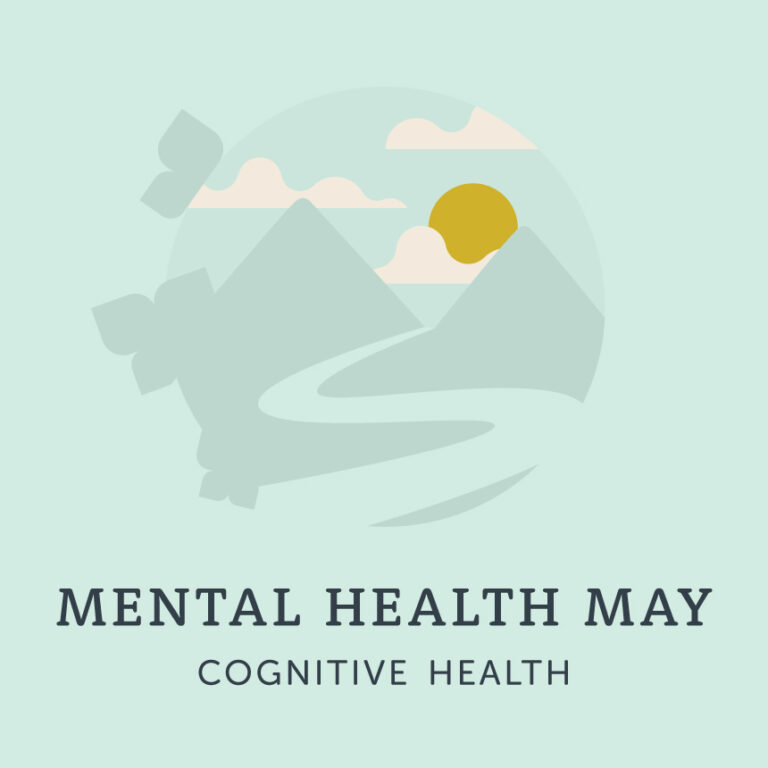
Calls for holistic care
Being depressed puts people at higher risk of other physical and mental health conditions, according to the National Institute of Mental Health. And chronic health conditions put people at higher risk of depression.
That’s a one-two punch that calls for integrated treatment for mental health issues of all kinds.
During January, National Mental Wellness Month, it’s important for people to understand how common mental illness is—one in five adults in any given year. And to understand the risk of other medical conditions occurring alongside a mental health diagnosis.
Research shows people with a mental illness may have more than one, such as depression and an anxiety disorder, says NIMH. Some combinations are more likely to co-occur, such as depression and substance use disorder.
Conversely, people with chronic health issues like auto-immune disorders and neurological conditions risk developing depression.
Having one condition can worsen symptoms of the other. A depressed person with lupus, for example, could have worse experience with both conditions. A depressed person is more likely to drop out of substance abuse treatment than one who is not depressed, according to the National Alliance on Mental Illness (NAMI).
Each condition can be treated successfully, especially with an integrated approach such as LifeWorks NW practices.
Co-occurring conditions have a wide-ranging effect, according to NAMI:
- People with depression have a 40% higher risk of developing diabetes and heart disease.
- People with serious mental illness are nearly twice as likely to develop these conditions.
- 33.5% of U.S. adults with mental illness also experienced a substance use disorder in 2021 (19.4 million individuals)
Even beyond illness itself, there are substantial personal and community costs.
- The rate of unemployment is higher among U.S. adults who have mental illness (7.4 percent compared to those who do not (4.6 percent).
- High school students with significant symptoms of depression are more than twice as likely to drop out compared to their peers.
- More than one in five people experiencing homelessness in the U.S. have a serious mental health condition.
- Across the U.S. economy, serious mental illness causes $193.2 billion in lost earnings each year.
This cross-over between mental and physical health conditions illustrates that mind and body cannot truly be separated in health care. That’s why LifeWorks NW mental health programs use evidence-based practices in an integrated team-based approach of whole health care for the whole person.
Sources:
- National Institute of Mental Health: Chronic illness and mental health
- National Alliance on Mental Illness: Ripple effect infographic (pdf)
- Mental Health Services – Portland OR | LifeWorks NW










